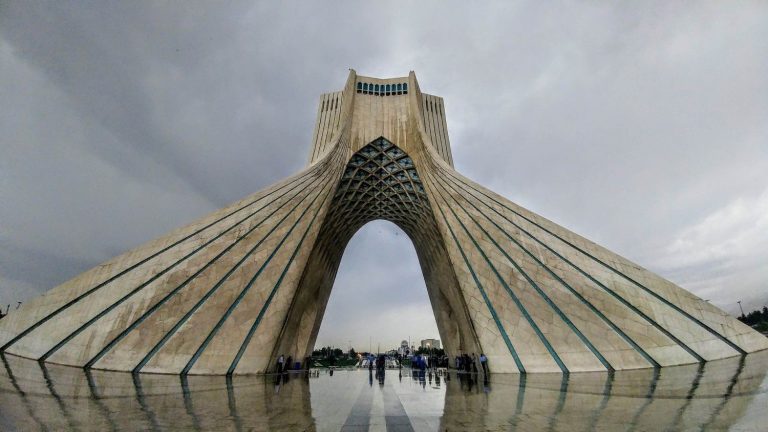Formation of Ministry of Commerce; Iran Government’s tactic to boost trade
Iran’s Government and the Parliament are pursuing a plan to form a new ministry of commerce through segregation of the current ministry of “Industry, Mine and Trade”. Iran’s Parliament has introduced draft of a bill which was also agreed by the government last week. On June 28th, Iran’s Vice President announced government’s agreement with this plan; Head of Plan & Budget Organization and President’s Parliamentary Deputy have been tasked to coordinate with the Parliament to take this forward. With this arrangement, it appears that establishment of a new ministry of “Commerce” is imminent.
But what will be the impact of separation ministry of “Industry, Mine and Trade” into two ministries of “Industry” and “Commerce”?
The main purpose of reorganization of the Ministry of Commerce appears to be centralization of policy making and services related to foreign investment and trade, import and export and supply of raw materials for local production in a more specialized manner. With the current scheme being discussed between the Parliament and the Government, the Ministry of Commerce will be responsible to ease foreign trade, importation of raw material, regulating market and protecting domestic consumers through balancing export and import, while Ministry of Industry will focus on lifting barriers in industry sector in support of local production. Both the government and Parliament hope to facilitate production and trade in Iran irrespective of restoration of JCPOA.
Market players believe that forming a new Ministry of Commerce will positively influence Iran’s international trade policies.Yahya Al-e Eshagh, Head of Iran-Iraq Chamber of Commerce and a renowned economic activist has stated “…this ministry will have a critical role in creating an strengthening relations with foreign partners, commercial and economic policies, import and export affairs, [Iran’s] presence in international venues, Iran’s economic diplomacy, supply, regulating, supervision and distribution of goods, creation of an economic balance, Iran’s banking and monetary policies and coordinating those policies with that of Iran’s Central Bank.” He further emphasized on the necessity of achieving such goals under the umbrella of a “dynamic and centralized ministry”.
Unification of commercial policies and institutions has been said to be another objective to be achieved through establishment of this new ministry in order to ease out Iran’s foreign trade. Majority of economic experts in Iran share three important benefits resulting from establishment of Ministry of Commerce:
– Increasing supervision quality in the filed of market regulation and protection of consumers rights;
– Protecting industries and tackling production barriers as a result of centralizing industry affairs withing one specialized ministry
– Rationalizing market supply & demand which can directly impact Iran’s foreign business quality
In addition to above, experts believe that establishing the new Ministry of Commerce will promote a more professional and specialized trade environment in Iran while setting the scene for a healthier competition amongst market players.


